For more than 20 years now, the Religious Land Use and Institutionalized Persons Act (RLUIPA) has sought to ensure houses of worship are treated the same as similar secular land uses, regardless of other considerations or laws that might be implicated. A recent case out of Maryland reaffirms this concept, as a Baptist church prevailed in May on its Equal Terms claim and won permission to build its house of worship in a district zoned for conservation to protect a watershed.
Hunt Valley Baptist Church in Baltimore County, Maryland, won its Equal Terms case last month after a federal judge ruled that the county had violated RLUIPA. This ruling should be instructive to local governments as to the broad protections under RLUIPA. The fact that the property at issue was located in an environmentally protected area did not preclude the church from prevailing. The court held that RLUIPA applied and the fact that the county allowed schools to be built in the conservation area meant that houses of worship had to be permitted in the same area.
The Baptist church sought to build a 1,000-seat sanctuary, along with parking for 240 cars, on a 17-acre farm. The county’s planning staff and an administrative law judge recommended approval of the church’s plan with a special exception. However, neighbors led a campaign that resulted in the reversal of the decision based on concerns for new development in the watershed area.
The reversal led to the church’s lawsuit. The church successfully argued that the denial of the special exception constituted an Equal Terms violation. The Equal Terms clause of RLUIPA bars a local government from treating religious organizations on less than equal terms. In this case, while the church was denied a special exception, a school was permitted to be built in the conservation area. As such, the church was treated on less than equal terms as compared to the secular school.
The sooner Baltimore County learns the breadth of RLUIPA, the better. This case was the third RLUIPA lawsuit the county has lost since 2017.
For more information on RLUIPA and similar land use, First Amendment and constitutional matters, please contact Joseph McGill at 734-742-1800. Additionally, please see our RLUIPA primer that provides additional information about RLUIPA, as well as our RLUIPA Resources Page that tracks RLUIPA and similar First Amendment cases throughout the United States.
June 2021
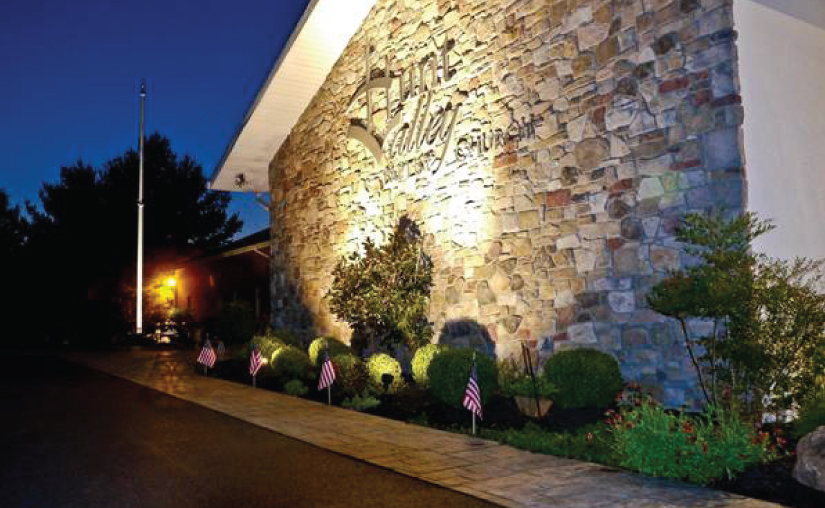
Maryland Church Awarded $1.1m in RLUIPA Verdict Over County Environmental Considerations
For more than 20 years now, the Religious Land Use and Institutionalized Persons Act (RLUIPA) has sought to ensure houses of worship are treated the same as similar secular land uses, regardless of other considerations or laws that might be implicated. A recent case out of Maryland reaffirms this concept,
June 2021

FBMJ Attorney Featured Speaker at St. Mary Mercy’s Resident Retreat
On June 23, 2021, FBMJ attorney, Mitchell C. Jackson, presented “Defending Your Care and Keeping Lawyers Out of Your Hair” to Emergency Medicine residents, as part of St. Mary Mercy’s annual Resident Retreat. The presentation included discussions regarding the anatomy of a medical malpractice lawsuit; the unique challenges associated with electronic health
June 2021

FBMJ Attorneys Publish Article in the American Journal of Roentgenology
FBMJ attorneys, Randall A. Juip and Anthony D. Pignotti recently co-authored an article entitled, “The Medical Malpractice Deposition: A Review for Radiologist Defendants,” which was accepted for publication in the American Journal of Roentgenology (AJR 2021 June 9), a publication of the American Roentgen Ray Society (ARRS). The article was co-authored with radiologists, Casey Stewart Branach,
June 2021
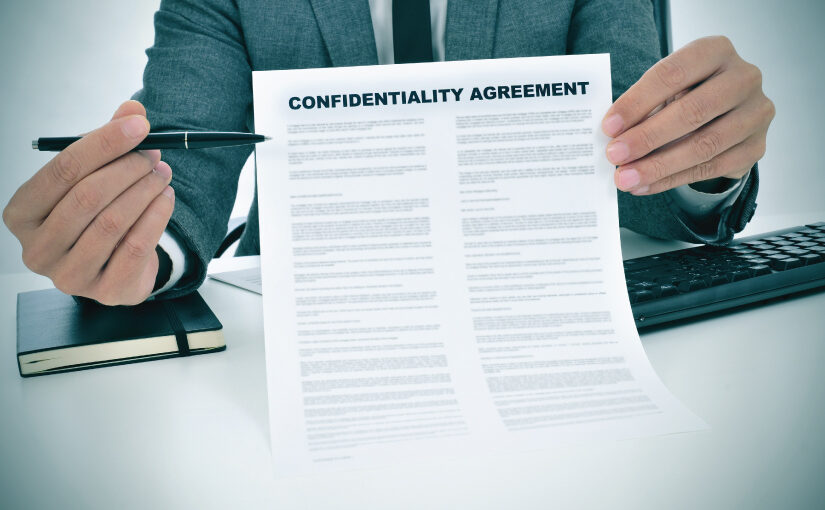
The Early Bird Gets the Worm (& Expert Witness)
In deciding an issue of first impression, the Michigan Court of Appeals, in the published case of Teutsch v. Van De Ven, adopted a new test to determine whether an expert witness should be disqualified from serving as a defense expert after he had issued a bright line rule that
April 2021

Unlicensed = Uncapped?
Claims against an unlicensed medical assistant employed by a non-profit medical institution sound in ordinary negligence and are not subject to the non-economic medical malpractice damages cap—at least according to the Michigan Court of Appeals’ recent published decision in Estate of John Swanzy v. Edward J. Kryshak, M.D., et al. If it
April 2021
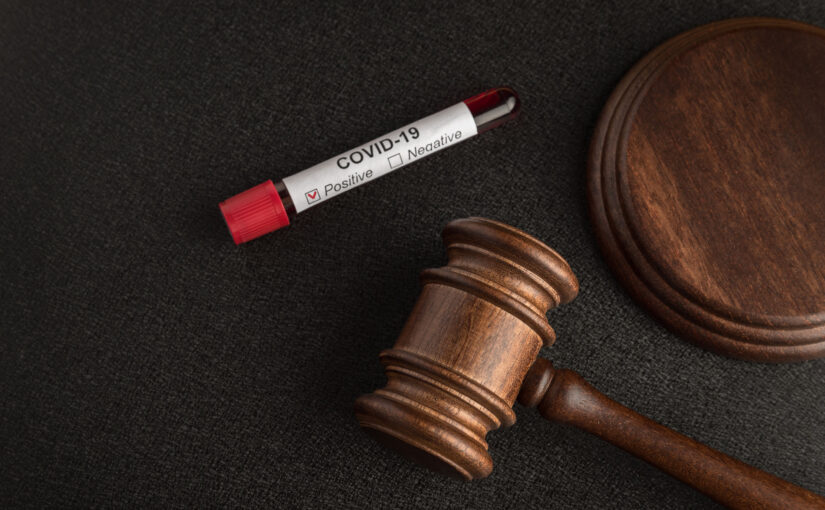
FBMJ Attorneys Featured Presenters at MSHRM Event
FBMJ attorneys, Saulius Polteraitis and Carlos Escurel, recently presented “Covid Liability and Impact Medical Malpractice Claims” to the Michigan Society of Healthcare Risk Managers (MSHRM) as part of its Webinar series. They were joined by Mike Severyn of ProAssurance on the panel. The presentation covered the anticipated landscape of malpractice claims
March 2021
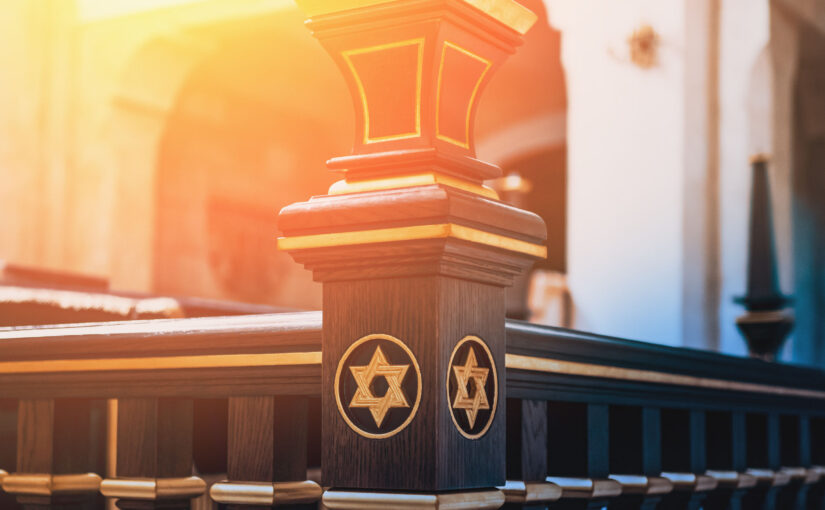
Federal Government, New Jersey Town Reach Settlement of RLUIPA Case One Day After It Was Filed
In most Religious Land Use and Institutionalized Persons Act (RLUIPA) cases, the plaintiff is a religious organization and the defendant is a local government. However, there are some instances when the religious organization gains the support of a second, powerful plaintiff – the U.S. Department of Justice. That was the
March 2021
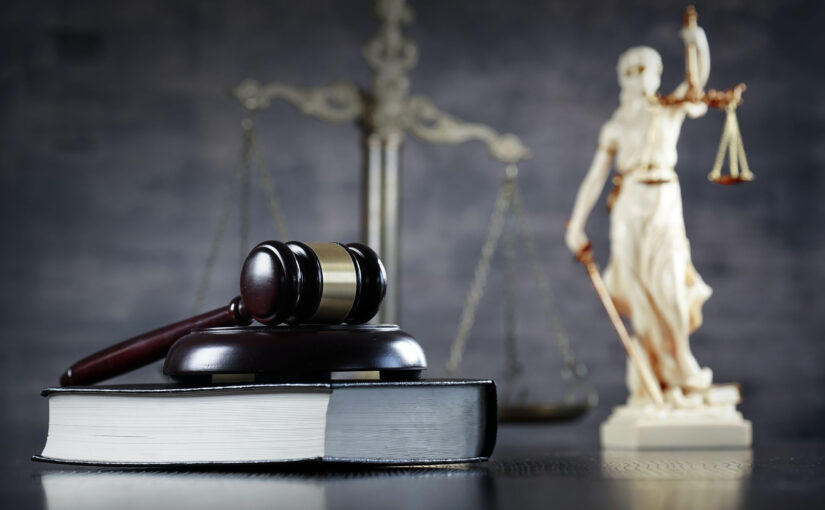
Supreme Court Issues RLUIPA Opinion Related to Prisoners; Still Has Not Reached Land Use Issue
It was just last year that the Religious Land Use and Institutionalized Persons Act, or RLUIPA, celebrated its 20th anniversary. During that time, the U.S. Supreme Court has never issued a substantive opinion on a religious land use matter based on RLUIPA. However, the Supreme Court has now issued an
March 2021

Julie Janeway Joins Foley, Baron, Metzger & Juip, PLLC as an Associate Principal
Foley, Baron, Metzger & Juip, PLLC, is pleased to announce that Julie Janeway has joined the firm as an Associate Principal. Julie brings extensive healthcare experience to the firm, having begun her legal career working at a premier Michigan law firm with a focus on hospital and medical malpractice and licensing
March 2021
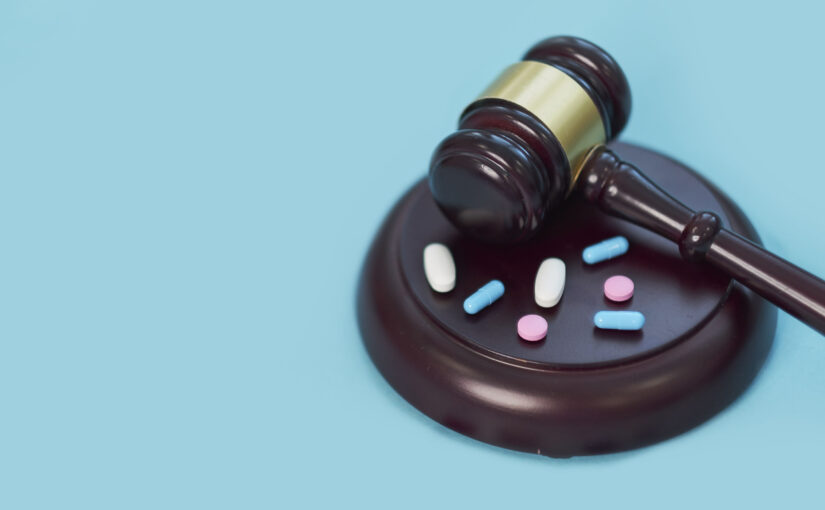
Pharmacist Attorney Kim Sveska Publishes Article for MPA Journal – “Don’t Forget to Sue the Pharmacist”
FBMJ pharmacist attorney, Kim Sveska, recently published the article “Don’t Forget to Sue the Pharmacist” in the Michigan Pharmacist Journal (2021 Vol. 59 Issue 1), a publication of the Michigan Pharmacists Association (MPA). The article discusses recent legal precedents that could lead to greater liability for pharmacists. The Michigan Pharmacists Association

